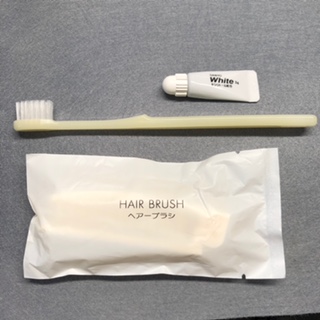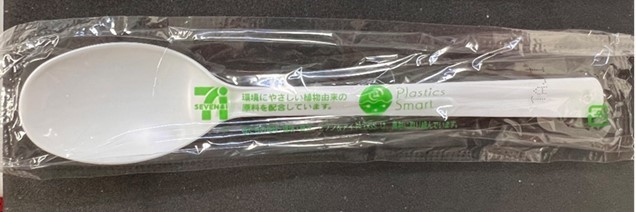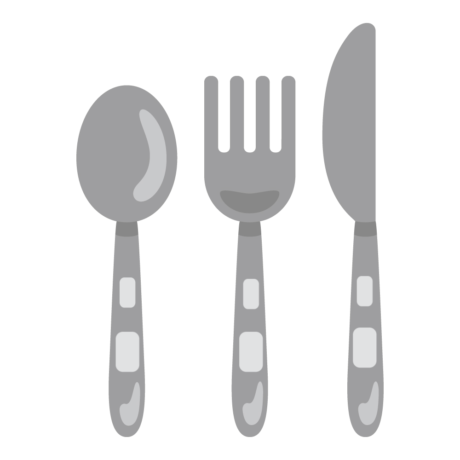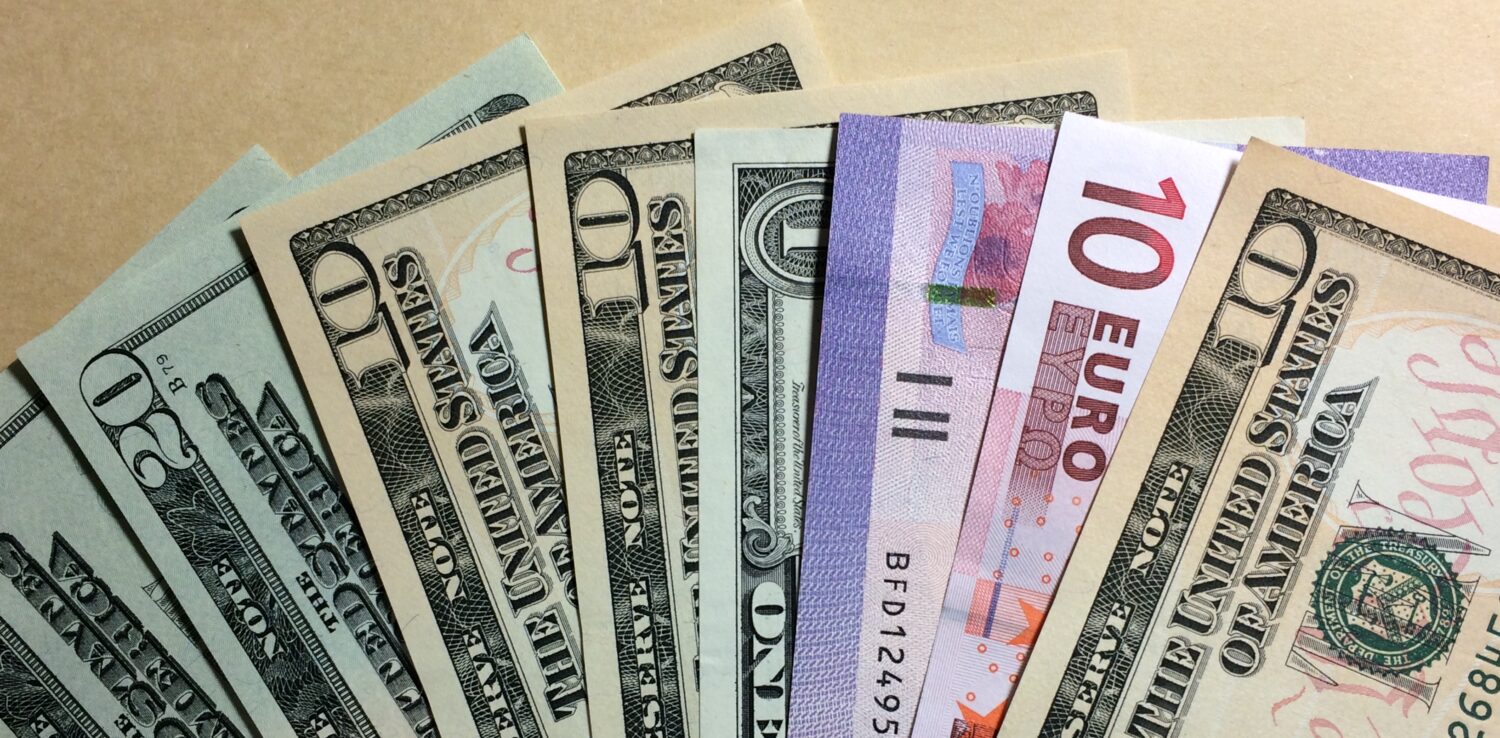Environmental Law Developments in Japan
To reduce plastics in all entities involved from product design to disposal of plastic waste, Japan takes measures to promote resource recycling and other initiatives (3R+Renewable)
The law to formulate a basic policy regarding the following environmental matters came into effect on April 1, 2022.
It may be said that this is too late compared to other developed countries, but it seems that Japan has finally taken a step toward de-plasticization.
What does this have to do with SAVING MONEY?
We know this is a big question, but if you are visiting Japan and buy something at a store or take out a meal from a restaurant, you may have to buy all these bags, boxes, cutlery, etc.
There has been some discussion of publicizing the names of businesses entity(retailers, service providers, etc.) that provide a lot of one-way plastic (as we call it in Japan), so convenience stores are inevitably going to have to deal with this issue.
Hotels, inns and Ryokan may charge for combs, hairbrushes, toothbrushes, etc., which used to be free of charge.
The 12 items in this issue on the list
The Japanese government has set 12 products, including spoons, hairbrushes, and clothes hangers, as target products for which the use of disposable plastic products must be reduced, and has designated retailers and restaurants that provide these products free of charge as target industries.
This law will affect the following
Major convenience stores, coffee shops, family restaurants, etc.
Spoons, straws, forks, knives, muddlers
Inns and hotels
Toothbrushes, razors, hairbrushes, and
Combs, shower caps, and
Laundry
Hangers and clothing covers
Hotels, inns, and other lodging businesses
Many hotels have switched to a “buffet style” where a corner is set up near the front desk with necessary amenities and guests take only what they need for themselves.
Further efforts on the part of hotels include blending amenities and other items with alternative materials to plastics, such as sugar cane and other plant-derived additives, and drilling holes in the handles and hollowing them out to make them as light as possible.
we suspect that more and more hotels will be charging for all of this in the future.

Restaurants
For this COVID 19, restaurants are operating more like take-out specialists.
Therefore, what is needed is a cutlery.
They have mixed plant-derived materials with spoons and forks for take-out and have changed the materials to biochemically degradable plastic.
McDonald’s
McDonald’s Japan, the largest hamburger chain in Japan, has taken a major step toward a plastic-free approach.
It has begun introducing wooden cutlery and paper straws in place of spoons and other items made of plastic.
Wooden cutlery (spoons, forks, knives, muddlers) and paper straws
For wooden cutlery, in addition to rigorous inspections, raw materials are selected for their hardness to prevent “spikes” and “splits” that often occur in products made of wood.
Straws
In addition, McDonald’s has designed the paper straws to be thicker and improved so that they are less likely to soften over time, making them easier to drink from any McDonald’s beverage menu, from carbonated beverages to shakes.
In addition, McDonald’s is committed to ensuring that all packaging provided to consumers, including to-go bags, is made of “renewable,” “recycled,” or “recycled” materials by 2025. The goal is to switch to “certified materials.
Other restaurants follow the similar approach like McDonald’s.
Each convenience store’s response is:
We would like to inform you of the responses of the three major convenience store chains.
In the past, all convenience stores started to charge for shopping bags at once, and most convenience stores and supermarkets have started to charge for shopping bags.
As for the new legislation, it seems that no convenience store chains so far requires customers to buy knife spoons and other such items.
7-Eleven
7-Eleven immediately began introducing spoons and forks made of 30% plant-derived (biomass chemical) materials on the 1st. A spokesperson said, “Reduction is one of our major challenges. Cutlery is a familiar plastic product, and we would be happy if we could help encourage people to reduce their use of plastic.


Lawson, Inc.
Lawson has responded by drilling holes in the handles of spoons and forks and shortening the length of spoons and forks
Some stores are introducing wooden spoons. It appears that forks with holes will also be used together.
The final form is yet to be seen, but either way, the convenience stores will figure out the best and easiest way for their customers to use them.
Stores can choose from two patterns: “plastic perforated spoon” + “plastic perforated fork” or “wooden spoon” + “plastic perforated fork,” so it seems that what you get depends on the store. The lengths of the spoons and forks have each been reduced by 1 cm from the previous ones.
The “fork” at Lawson will be kept to use plastic for the time being, considering safety issues.
FamilyMart
FamilyMart has announced that it will no longer offer disposable forks and split-tip spoons (special shape spoons), which it has been providing. The company plans to offer bamboo splittable chopsticks and to sell “My Cutlery Sets”. The use of My Cutlery Sets by everyone will greatly reduce the amount of plastic waste.
The packaging of Omusubi (rice balls) will also be changed to one made of bio-based materials.
In addition, while FamilyMart is introducing forks that use less plastic and biodegradable plastic, they will eventually “drop” the distribution of forks (and split-tip spoons) (timing to be determined)
FamilyMart is also using straws made of biodegradable plastic and straws containing 5% biomass in all its stores. The muddlers have also been changed to wooden bodies and paper outer bags since March 2020.

Countermeasures to Save Money in Japan
With more and more places charging for shopping bags and plastic bags, which are becoming more and more common, you need to bring your own bags and cutlery with you at all times in order to reduce expenses. That may be the smart way to travel.
Please be an environmentally friendly traveler.
SUMMARY.
In the future, we expect to be asked more often at convenience stores, ‘Do you need a fork/knife? People are expected to use them only when necessary.
The use of plastic straws is expected to accelerate in favor of other environmentally friendly materials.
